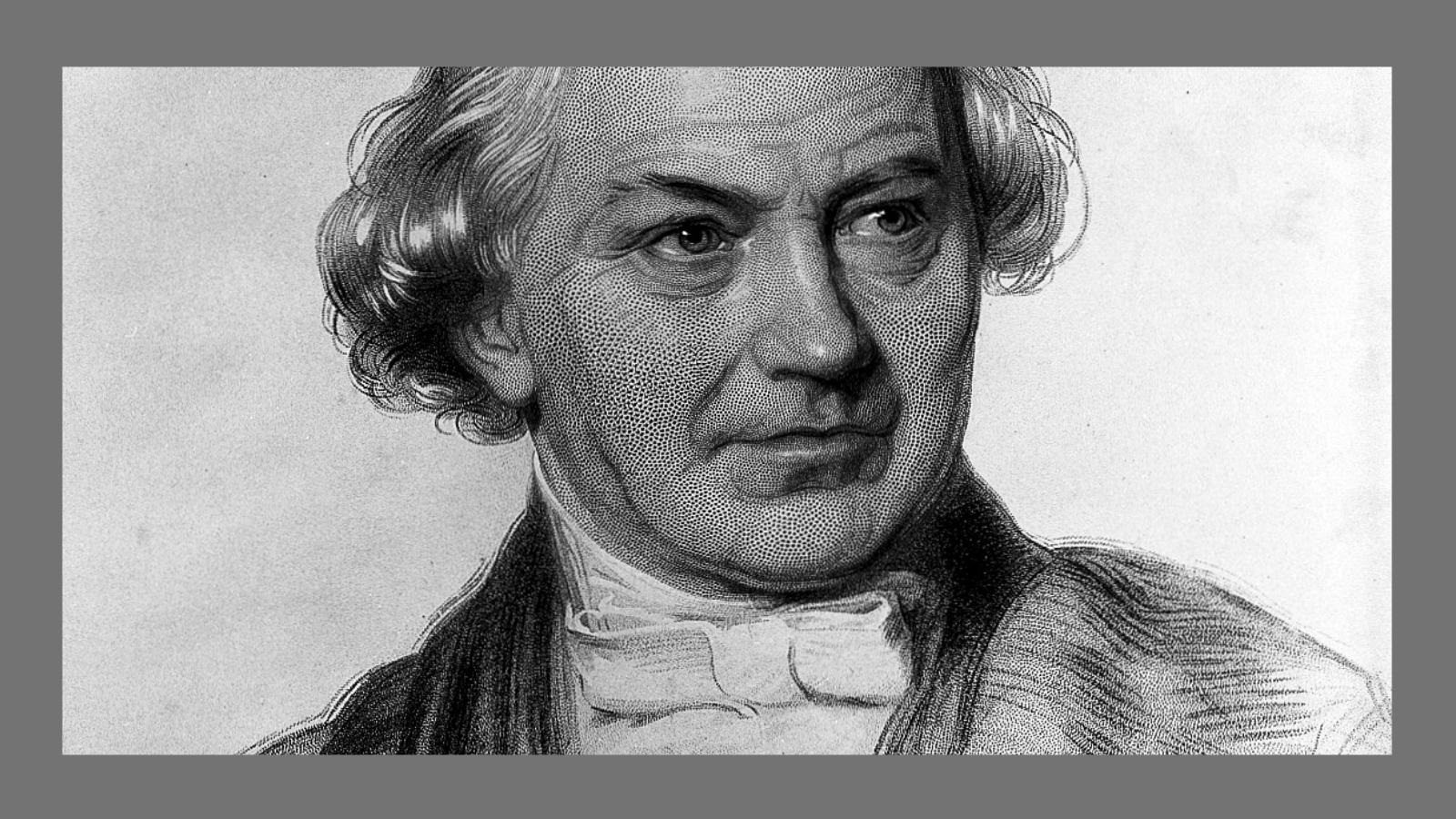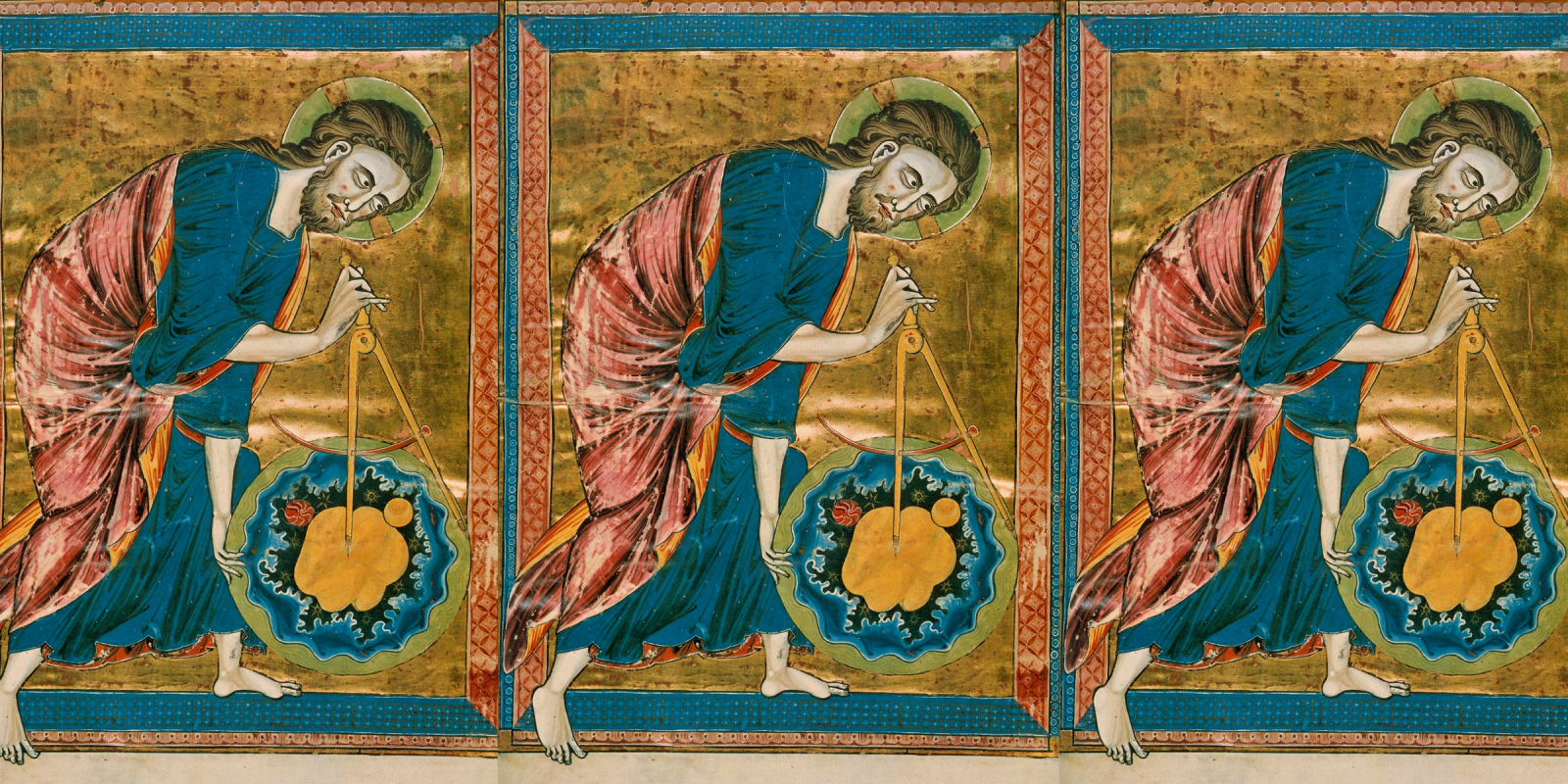


Stephen Meyer: Evidence of Mind in The Natural World

Stephen Meyer: Scientific Arguments for a Theistic Worldview

William Whewell: Statesman of Science

Thinking God’s Thoughts: Kepler and Cosmic Comprehensibility

David Berlinski on His New Book, Science After Babel
On today’s ID the Future, host Andrew McDiarmid rings up Science After Babel author David Berlinski in Paris to discuss the philosopher’s latest book. Berlinski is at his cultivated best as the two discuss everything from the biblical Tower of Babel as a metaphor for modern materialistic science, to his friendship with the brilliant and colorful French intellectual Marcel Schützenberger, a world-class mathematician who was self-taught and, as we learn here, came within a hair’s breadth of being swept up in the Chinese Revolution. Berlinski also reflects on the seminal 1966 WISTAR symposium, which laid out some mathematical challenges to Darwinism, challenges that Berlinski says remain unanswered to this day. At the same time, Berlinski gives the devil—here Darwinism—its due. Tune in for this and more, and order your copy of Berlinski’s Science After Babel here.

Behe Counters the Best Objections to Irreducible Complexity and ID, Pt 3
On today’s ID the Future biologist Michael Behe and Philosophy for the People host Pat Flynn conclude their conversation (posted by permission here) about some of the best objections to Behe’s central case for intelligent design. One objection Behe and Flynn tackle in this episode: the idea of evolution overcoming the irreducible-complexity hurdle through co-option. That is, maybe the precursors to what would become one of today’s molecular machines, such as the bacterial flagellum motor, co-opted simpler machines being used for other purposes, allowing evolution to build a bacterial flagellum motor one small step at a time over thousands or millions of generations, even though the completed bacterial flagellum ceases to function at all when just one of its many key parts is removed. Behe has illustrated the idea of irreducible complexity with a mechanical mousetrap. Take away just one of its several key parts and it ceases to function even a little bit as a mousetrap. Evolutionist Kenneth Miller counters by noting that parts of the mousetrap could have served other purposes, such as a paper weight or a tie clip. Listen in to hear Behe’s explanation as to why such imaginative reasoning is no help to the evolution of irreducibly complex biological wonders like the bacterial flagellum. At the end of the conversation, Flynn points listeners to a web page where he has gathered his several conversations with Behe over the years, including two that involved debates with pro-evolution guests. That page is here. Flynn also calls attention to Behe’s four books, including his latest one, where he answers many objections posed by his critics, with many of the critiques appearing in high-level science journals. The book is A Mousetrap for Darwin. You can get it here and here in hardcover, paperback, or Kindle/eBook.

Behe Counters the Best Objections to Irreducible Complexity and ID, Pt 2
Today’s ID the Future continues A Mousetrap for Darwin author Michael Behe’s conversation with philosopher Pat Flynn, focused on some of the more substantive objections to Behe’s case for intelligent design in biology. In this segment the pair discuss the bacterial flagellum, the cilium, and the blood clotting cascade, and tackle critiques from Alvin Plantinga, Graham Oppy, Russell Doolittle, Kenneth Miller, and others. This interview is posted here by permission of Pat Flynn.

The Gollum Effect in Science, from Tycho Brahe to Today
On this ID the Future, host Andrew McDiarmid sits down with historian and philosopher of science Michael Keas to discuss a recent article at Times Higher Education, “My Precious! How Academia’s Gollums Guard Their Research Fields.” The article looks at how scientific progress is being impeded by a culture in which scientists jealously guard their research instead of sharing it. Keas says the problem seems to have gotten worse in recent years but isn’t a new one. He illustrates with the story of Tycho Brahe and Johannes Kepler. Brahe, a sixteenth-century Danish astronomer, sat on his astronomical research for years, rather than sharing it with Johannes Kepler, his assistant. Kepler only got hold of it when Brahe died unexpectedly shortly after a banquet. The rumor began that perhaps Brahe had been poisoned to free up access to his research, data that eventually allowed Kepler to make his revolutionary breakthrough, his three laws of planetary motion that cinched the case for a sun-centered model of the universe. Keas goes on from there to explain what a later autopsy revealed about Brahe’s cause of death. Then he discusses some modern-day power plays involving evolutionists jealously guarding the Darwinian paradigm against those who would challenge it. Finally, Keas enumerates some of the virtues that can help further the progress of science, including generosity and a humble willingness to listen to criticism. For more surprising facts in the history of science, check out Keas’ recent book, Unbelievable: 7 Myths About the History and Future of Science and Religion.

William Dembski on Scientism, Science, and Christian Faith
On today’s ID the Future, philosopher William Dembski and host Casey Luskin explore the relationship between science and faith. What is science? What is faith? How does Christianity define faith? Dembski explains that faith in the Judeo-Christian tradition is not the opposite of reason; at the same time, faith possesses a relational component—trust in a just, gracious, and reasonable God—that goes beyond mere assent to propositions. As for science, Dembski describes it as a careful search for truths about the natural world, including truths about key elements such as the birth of our fine-tuned universe and the origin of living things. Dembski says that he is convinced that scientific discoveries, unshackled from atheistic blinders, point strongly to intelligent design as the best explanation for life and the universe, a conclusion friendly to theism. As Dembski also notes, science was invented by theists, most of them Christians. They were motivated to search out the rational underpinnings of a cosmos because they believed it was fashioned by a rational designer. The occasion for the conversation is the recent Harvest House anthology, The Comprehensive Guide to Science and Faith: Exploring the Ultimate Questions about Life and the Cosmos, which Dembski co-edited and contributed a pair of chapters to. Get your copy here.